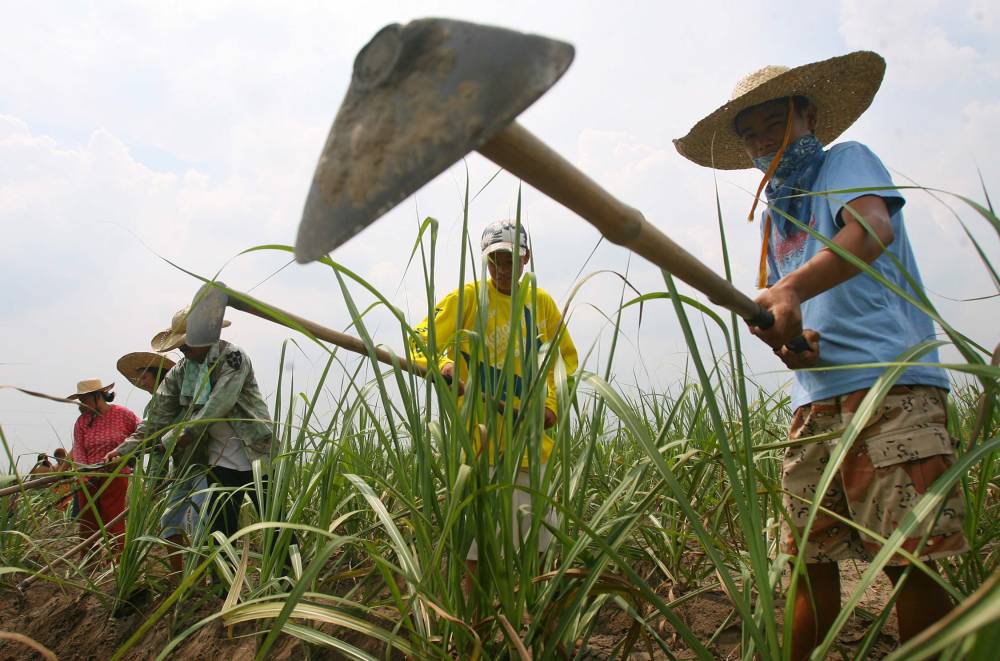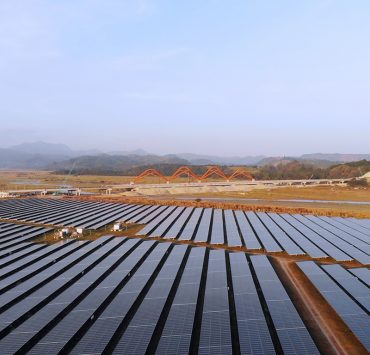SRA: PH may not export raw sugar this coming crop year

The Philippines may allocate all its raw sugar for domestic consumption as local production remains insufficient to meet the demand for this sweetener, the Sugar Regulatory Administration (SRA) said.
SRA administrator Pablo Luis Azcona hinted that Sugar Order No. 1 for crop year 2024 to 2025 will classify all locally produced sugar as “B,” or for domestic use.
According to the SRA, domestic output is “never enough” as production in the previous crop year hit just 1.9 million metric tons (MT) vis-a-vis the demand of 2.3 million MT to 2.4 million MT.
Over the years, the SRA has set aside the entire sugar output for domestic use and relied on importation to plug any supply shortfall.
The last time the SRA made an allocation for the global market was for crop year 2020 to 2021 wherein 93 percent of sugar produced locally was set aside for the domestic market and the remaining 3 percent for the US market.
Also recently, the SRA gave local producers the go-signal to export 25,300 MT of raw sugar to the United States in fulfillment of the country’s export quota from Washington covering the fiscal year 2024.
Two-week delay?
Seeking to boost farmers’ income and production, the SRA is also mulling over delaying the opening of the milling season to Sept. 15 from the initial schedule of Sept. 1.
Azcona said several farmers’ groups approached him to adjust the beginning of the milling season by at least two weeks as some local producers have yet to recover from the impact of the El Niño-induced dry spell.
In the Philippines, a crop year usually starts on Sept. 1 and ends on Aug. 31 of the following year.
The SRA said the plan was not final and had to be discussed with industry stakeholders, adding it asked Philippine Sugar Millers Association Inc. to come up with a collective decision for the entire industry, especially farmers.
Speaking at the Philsutech Convention in Cebu City, Azcona said if millers would agree to a two-week delay, it would be a win-win solution for the industry.
Azcona said while big planters could afford the delay, small farmers might experience the difficulty of having their income delayed for two weeks.
“This is where the mills and the associations, including your SRA, can come into play by offering incentives, loans and more importantly, make them understand the higher yield which will translate to profit if everybody agrees to this,” he said.
The SRA said two of the biggest mill operators, Victorias Milling Co. Inc. and Universal Robina Corp., have “no objection” to this proposal.
It quoted URC managing director Renato Cabati in saying they “strongly agree” with millers starting their operations together, at least in Negros Occidental where milling starts ahead of everybody else in the country.
Producers in Luzon likewise informed the SRA of their intention to delay the opening of their mills by a month.




















